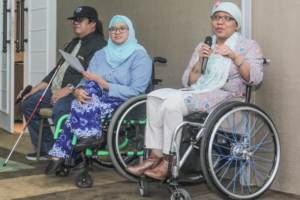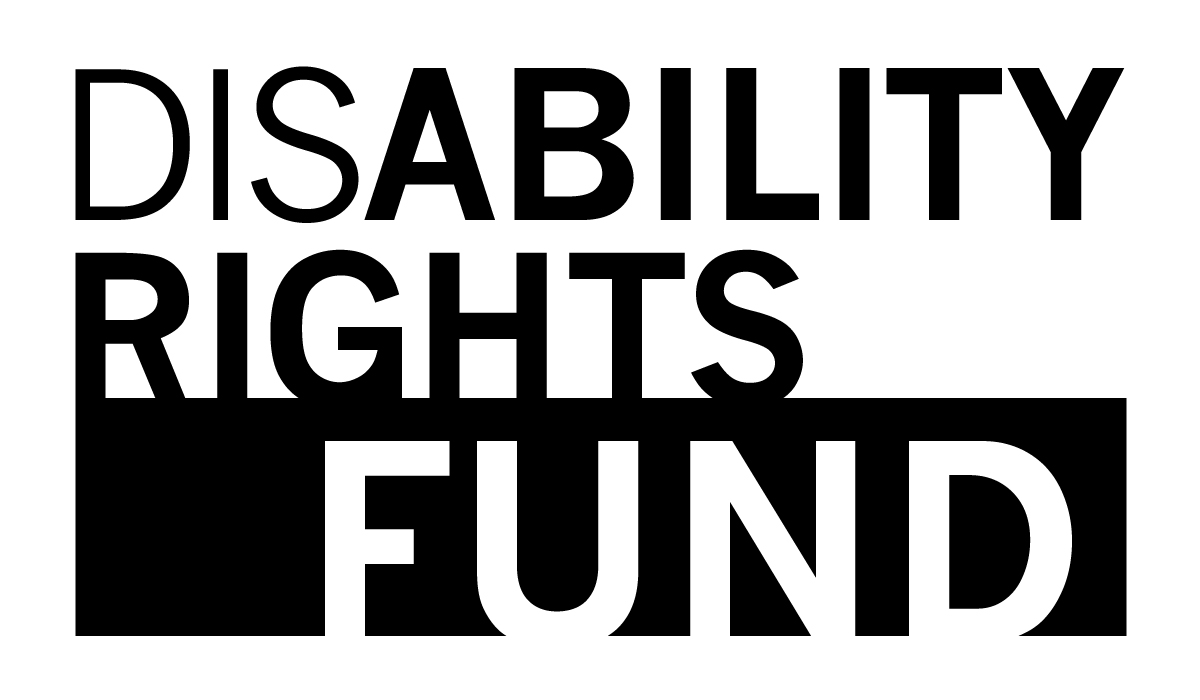
The overall aim of the Technical Assistance (TA) Strategy is to support OPD learning and growth in sustainable ways and in line with the CRPD. Grantees can request funds for activities that increase their expertise (knowledge, skills, experiences), partnerships and tools to:
- Advance their rights advocacy goals, and/or
- Become stronger advocacy organizations.
TA is about OPD staff gaining expertise, developing your partnerships and creating the tools you need to achieve your goals.
TA is not someone doing the work for you.
What is included in TA?
We encourage grantees to identify the learning and growth priorities that will support you to advance your rights advocacy and to become a stronger advocacy organization. We encourage you to think about the most effective ways learning happens in your organization and in your contexts and use these ways of learning.
Learning can happen in many ways. Some examples are:
- Facilitating or attending training workshops
- Dialoguing and learning exchanges with other OPDs or stakeholders who have the expertise you want to gain
- Hiring a subject matter specialist to work with your OPD as a coach on a regular basis during your project to gradually build your expertise
- Accessing relevant information and tools on rights issues or how to develop operational policies so you can learn from research, reports or stories from others
- Attending webinars or seminars on key topics
- Practicing advocacy skills in real situations
How have grantees used TA in the past? Some examples include:
- Training workshops on the CRPD and SDGs and/or on how to advocate and monitor the CRPD, and/or on specific rights issues, eg. sexual and reproductive health rights, ending gender-based violence
- Hiring a consultant to work with OPDs and coach staff to collect data and draft alternative reports on the CRPD, the Universal Periodic Review etc
- OPD staff doing internships in the Centre for Law and Policy to learn about how to advocate for changes in laws as they pass through Parliament
- Connecting with research institutions to learn and be supported to collect data and evidence for rights advocacy
- Organizing a series of learning exchanges between the disability movement and women’s movement to learn about each other’s priorities and how to work together in advocacy
- Hiring a individual or an organization to train and work with the OPD to develop safeguarding policies (e.g., CPP and PSEAH), or financial policies and procedures, or resource mobilization plans, or project management skills
- Training for Board and staff on organizational governance
- Meeting with other OPDs and stakeholders to better understand the diversity of the disability movement
What happened to DRF’s OPD strengthening grants? In the 2023 round, support previously referred to as “OPD Strengthening” is now considered part of TA.
